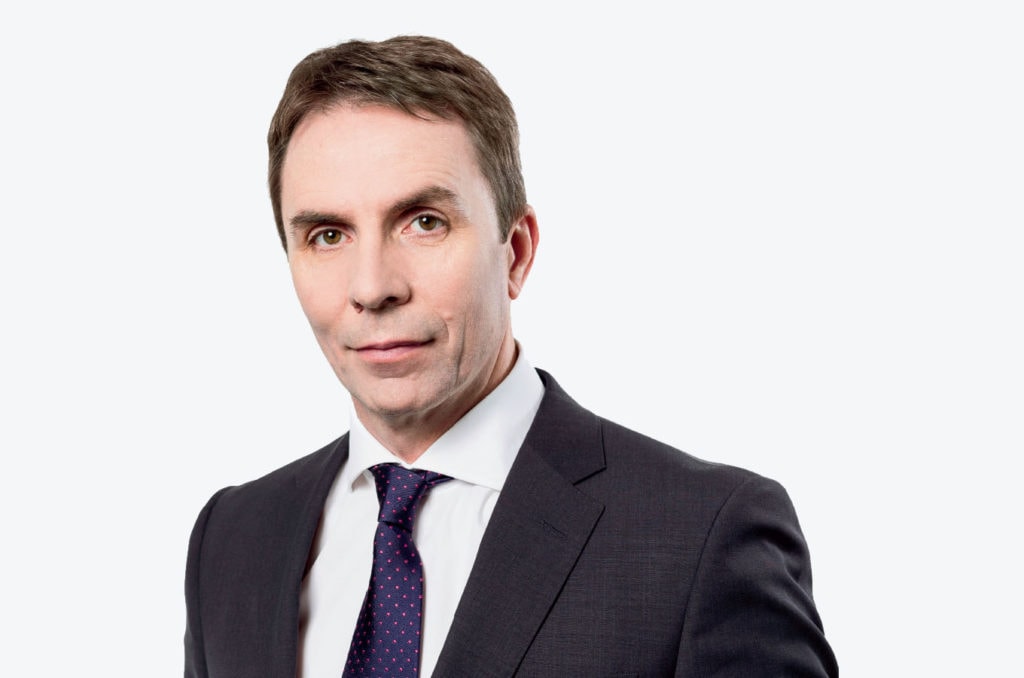RIYADH: With massive expansion plans and eyeing soaring profits, Jozsef Varadi, CEO and co-founder of Wizz Air, says the airline is creating its own market by offering “very low fares” to attract new travelers instead of targeting passengers of other carriers.
The European budget carrier on Thursday announced the launch of 20 new routes with a capacity of 1 million new seats from Bucharest, Budapest, Catania, Larnaca, Milan, Naples, Rome, Tirana, Varna, Venice and Vienna to Riyadh, Jeddah and Dammam in Saudi Arabia.
“This is a large-scale investment, this is the single biggest route we have announced in the history of Wizz Air,” Varadi told Arab News.

Jozsef Varadi, CEO and co-founder of Wizz Air
He said Wizz Air is launching new networks that have been underserved or not served at all.
“We are not coming to Saudi Arabia for the sake of competition, we are coming to add value to the market,” he said.
Financial strength
Varadi said that Wizz Air is financially well positioned as it has the capacity to commit such an investment when many other airlines are still recovering from the pandemic.
The low-cost carrier expects profits this summer making profits for the first time since the pandemic.
“We are complementing what has been achieved already. We don’t really target passengers of other carriers. We create our own market by stimulating the market ourselves, we apply very low fares so we are getting new travelers,” he added.
Expansion plans
The Wizz Air official said the airline plans to expand its fleet by 2027 adding 400 aircraft.
“The whole European airline industry has recovered 90 percent of its European capacity, so we are not only recovered, but we are much ahead of the game versus (the) pre-pandemic levels,” he added.
The carrier has a network of 1,000 routes, adding new markets during the pandemic such as Italy, Albania and the UAE.
“It is not only that we are recovering our markets, but we have been able to also add new markets to the franchise,” he said.
Sustainability
According to Varadi, countries in the region are diversifying their economies away from oil, enhancing their tourism sector and other industries, and that is very good for the airline business in the long run.
He told Arab News that the European airline is also investing in sustainable aviation fuel.
“We also have to do our part to push these technological developments going forward, as opposed to just waiting for things to happen,” he said.
The airline has set a target to reduce 25 percent of its carbon footprint by 2030.
Varadi said Wizz Air flies the youngest fleet of aircraft. “Over 50 percent of the fleet is now on new technology. So, we are by far the greenest airline in Europe and the Middle East,” he said.
The company also recently signed a memorandum of understanding with Airbus to discover the next decarbonized technology for aircraft manufacturing.
“We are focused on the longer term, we are focused on hydrogen-powered aircraft, and we are trying to play our role in both streams of initiative,” he said.
The carrier had roughly around 7 percent of its capacity designated for Ukraine and Russia combined but due to the geopolitical situation it had to stop its operations in that sector and distribute its capacity across its network.
“Recently, we contemplated restarting Abu Dhabi, Moscow as a route, but now we are reversing it, because of operational reasons...we are seeing that it is now too risky,” he added.













